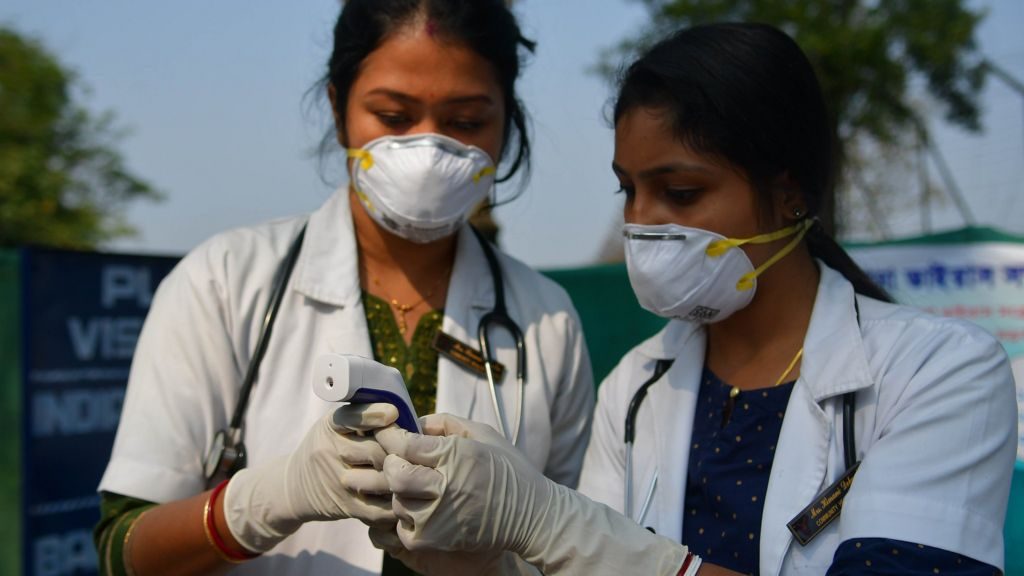
Usually, the STRATEGIC PLAN for containing the CORONA PANDEMIC around the globe is only ONE: TEST, TRACE, ISOLATE. Once the C19 Epidemic became pandemic, the ONLY Way left out for containing the problem is TESTING.
India had taken the RIGHT STEP in DECLARING THE LOCKDOWN on March 24 However the FAULTY IMPLEMENTATION led to FAULTY OUTCOMES & therefore the situation what is visible right now in the country is a resultant of the same.
This is imperative for all the Public Health Professionals to consider this CORONA episode as a GREAT LEARNING EXPERIENCE and able to decipher the key differences between Strategic Planning & Impeccable execution as well as in order to where things can go wrong.
In India, Each state is different from different population groups, demographics, geographies, health problems, etc. making the same C19 challenge appear differently. For instance, while Bihar and UP have the majority of the migrant population working in other states, Kerala has one of the highest numbers of its population working overseas, with the Economic condition of the people being the single most differentiating factor apart from some other confounding variables.
Similarly, while the number in India from the 1st thousand to the 1st lac took 109 days, currently the number to swell up from 4,00,000 to the present figure of 4,90,000 took a paltry 15 days. With such estimates, it is expected that India might have 1 crore cases by November which by all standards would be a huge-huge-huge crisis.
The Masters in Public Health Program at AIHMS will help the budding professionals irrespective of their specialties to develop critical thinking and understanding the nuances of the various health situations and helping them to take pragmatic, practical, wiser decisions to tackle the challenges effectively.
The 2 years program at AIHMS with the help of the didactic curriculum and practically oriented learning and 360-degree learning having both online and face to face interfaces will help the upcoming public health professionals to develop a holistic viewpoint regarding global health issues including the challenging health problems of both the developing and developed economies as well as solutions to their ailments.

